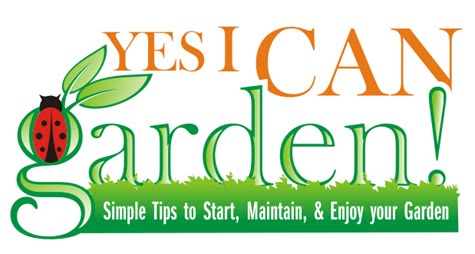
Organic Gardening
The farms producing fruit and vegetables that are certified to be organic have met strict standards, and gone through an intensive application and testing process. For the average gardener, however, organic gardening means gardening naturally—attempting to follow the cycles of nature, and using as many natural or naturally derived (as opposed to synthetic) products as possible.
The Soil
Of course, the soil is a critical factor—perhaps the most important one. If you want to avoid using synthetic fertilizers and pesticides in your garden, you must start by aerating the soil and making sure it is rich in organic material, that can be mulched into topsoil or spread over the surface of the area where you wish to plant. Compost can be made on-site or purchased at your local garden supply store. Check around for topsoil and compost that can be bought in bulk—some places offer delivery of large loads that can be dumped, covered with a tarp, and then dug into various flower or vegetable beds on the property. Clay soil holds nutrients well, but will need sand and organic matter in order to drain properly. Clay soils also need to be well aerated so that roots can grow and gather nutrients; sandy soils drain well, but will need organic matter to help retain water and nutrients—both are necessary for plants to thrive. Plants that are healthy and not under stress will be more resistant to disease.
Organic matter can take the form of compost, manure, fish heads, seaweed (available commercially in liquid form), dried grasses, leaves, and other plant matter that has been collected on the property. Make sure to turn the earth and use a hoe to break up any compacted clumps, and to create raised beds, if possible, and build shallow trenches or hills before planting--check the information on seed packets for information on specific procedures that will help seeds to sprout and each type of fruit, vegetable, or flowering plant to thrive. Make sure you dig deep enough to provide aerated space far below ground for roots that will run deep.
Alternatives to Pesticides
If the plants are healthy, and grown in areas to which they are well suited, then you will likely have fewer pests and disease outbreaks to deal with. Some problems may be temporary, and may disappear as the season progresses--part of learning to garden naturally means taking the time to understand the processes underway in the garden. Sometimes this means waiting and watching, not necessarily taking out the insecticide and spraying liberally at the first signs of a problem. Also, working with the cycles of nature, and having other naturalized areas nearby means that you will have a variety of insects and other small creatures in the vicinity. Many of these will be beneficial to the garden, since birds, spiders, and ladybugs (among others) may feed on garden pests such as aphids, caterpillars and other insects.

No comments:
Post a Comment